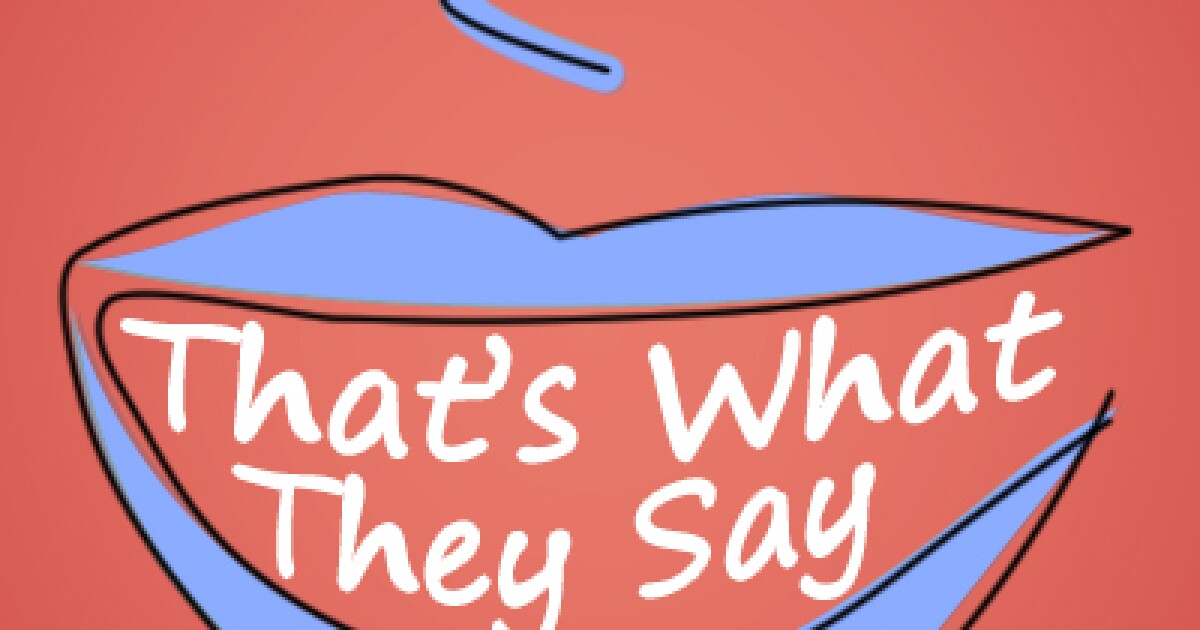
What’s the name of the book you use to look up words you don’t know?
For many of us, the answer to this question is simply “the dictionary." However, that suggests it doesn’t really matter which dictionary we use to look up a word, and that’s just not true.
Different dictionaries have different approaches, which is why Professor Anne Curzan consults multiple dictionaries when researching your questions.
Curzan was recently at the biennial meeting of the Dictionary Society of North America. The keynote speaker at the conference was David Skinner, author of The Story of Ain’t: America, Its Language, and the Most Controversial Dictionary Ever Published.
The dictionary in question is the 1961 publication of Webster’s Third New International Dictionary. The dictionary had a new editor, Philip Gove, who took a more descriptive approach to the language. Gove took out a lot of usage labels that might have been seen as making judgements about particular words.
When this dictionary was published, it was widely condemned. The New York Times, the Washington Post, and Life Magazine are just a few of the publications that went after this dictionary with phrases like “radically permissive” and “downright irresponsible.” Critics were especially focused on “ain’t” and whether the correct usage labels were used.
The American Heritage Dictionary was actually created in direct response to the controversy over Webster’s Third. Part of that response included a usage panel that Professor Curzan served on. For more on that, listen to the audio above.
No comments:
Post a Comment